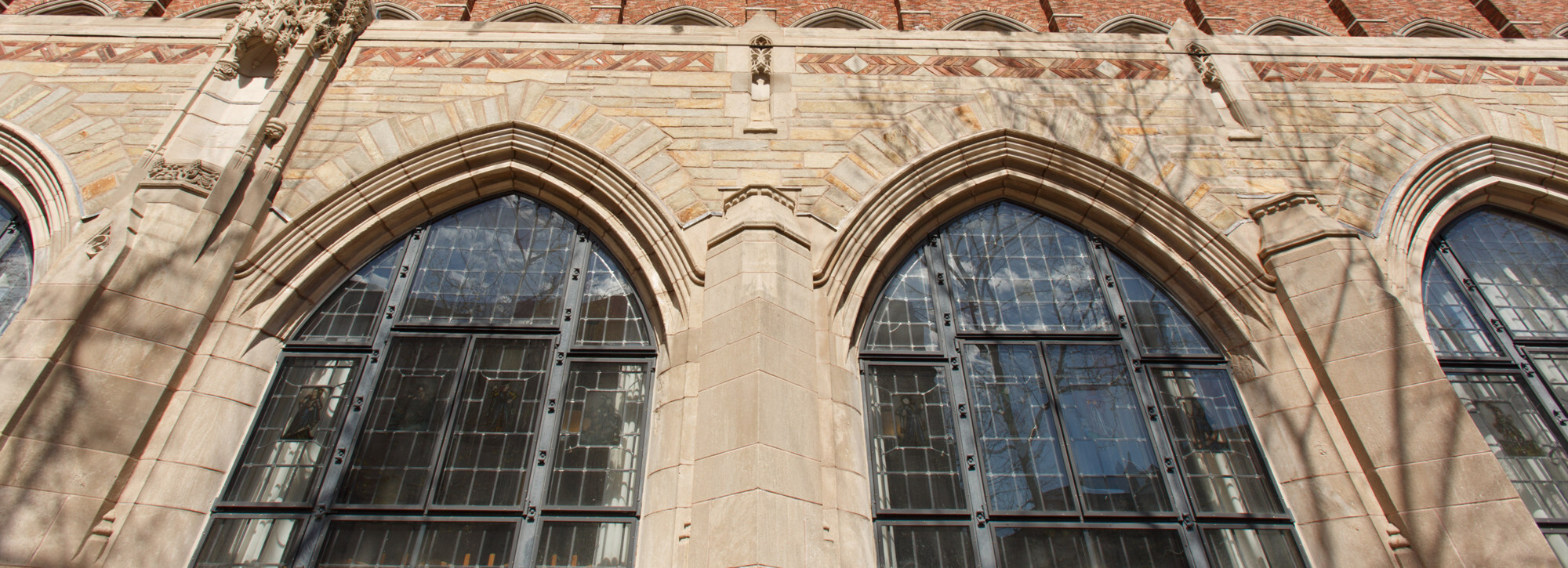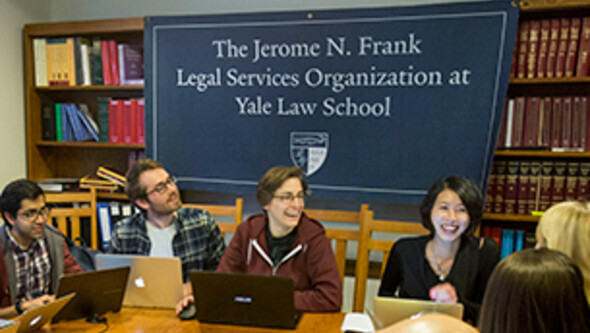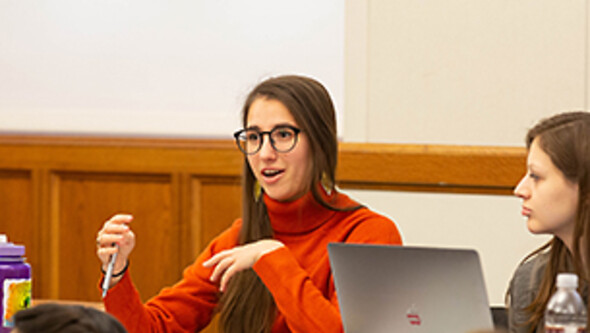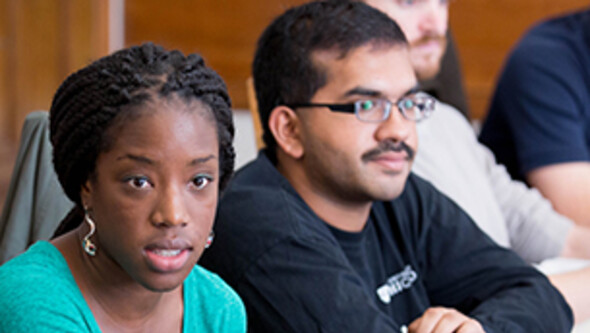About
The Goldman Sonnenfeldt Environmental Protection Clinic is an interdisciplinary clinic that partners with environmental organizations to address pressing problems in the environmental field. Its mission is to train students in environmental advocacy through skills-based seminars, interdisciplinary project work, and collaboration with the Natural Resources Defense Council and other organizations. Students are assigned to teams of two-to-four members drawn from both the Yale Law School and the Yale School of the Environment. Each team is supervised primarily by staff from client organizations, with additional oversight from the Clinic's Teaching Team.
History
The Goldman Sonnenfeldt Environmental Protection Clinic originated more than 25 years ago through the efforts of Yale Law School Professor Dan Esty. Professor Esty envisioned the creation of a Clinic that would allow students to engage with environmental law and policy problems through partnerships with a range of local, state, and federal environmental organizations. The Clinic was formally housed in the Yale Center for Environmental Law and Policy (YCELP), an organization run jointly out of the Law School and the School of the Environment.
As the Clinic grew, it developed ties to a prominent environmental organization founded by Yale Law School graduates: the Natural Resources Defense Council. From 2002 onward, at least one member of NRDC’s staff helped lead the Clinic, alongside faculty from the Law School and the School of the Environment. Most recently, the Clinic has been overseen by NRDC’s Lisa Suatoni and David Hawkins.
In 2018, as the 50th anniversary of NRDC’s founding approached, the Clinic transitioned to a closer partnership with the NRDC. Professor Doug Kysar became the faculty supervisor, and the Clinic was placed under the organizational umbrella of the Yale Law School. NRDC and the Yale Law School also jointly founded the Yale/NRDC Fellowship, which allows an early-stage environmental lawyer or advocate to spend a year with NRDC and a second year overseeing the Clinic as a Co-Director. The Clinic also placed greater emphasis on partnering with NRDC in its student projects and classroom seminars.
Today, the Clinic’s interdisciplinary structure — with a Teaching Team comprised NRDC staff, the Yale Law School, and the Yale/NRDC Fellow, and with students from the School of the Environment and the Law School — reflects its approach to solving environmental problems. Most environmental issues involve legal, technical, scientific, and policy expertise. The Clinic seeks to build the next generation of environmental advocates that are well-versed in all of these areas, and ready to take on some of the world’s most pressing problems.



